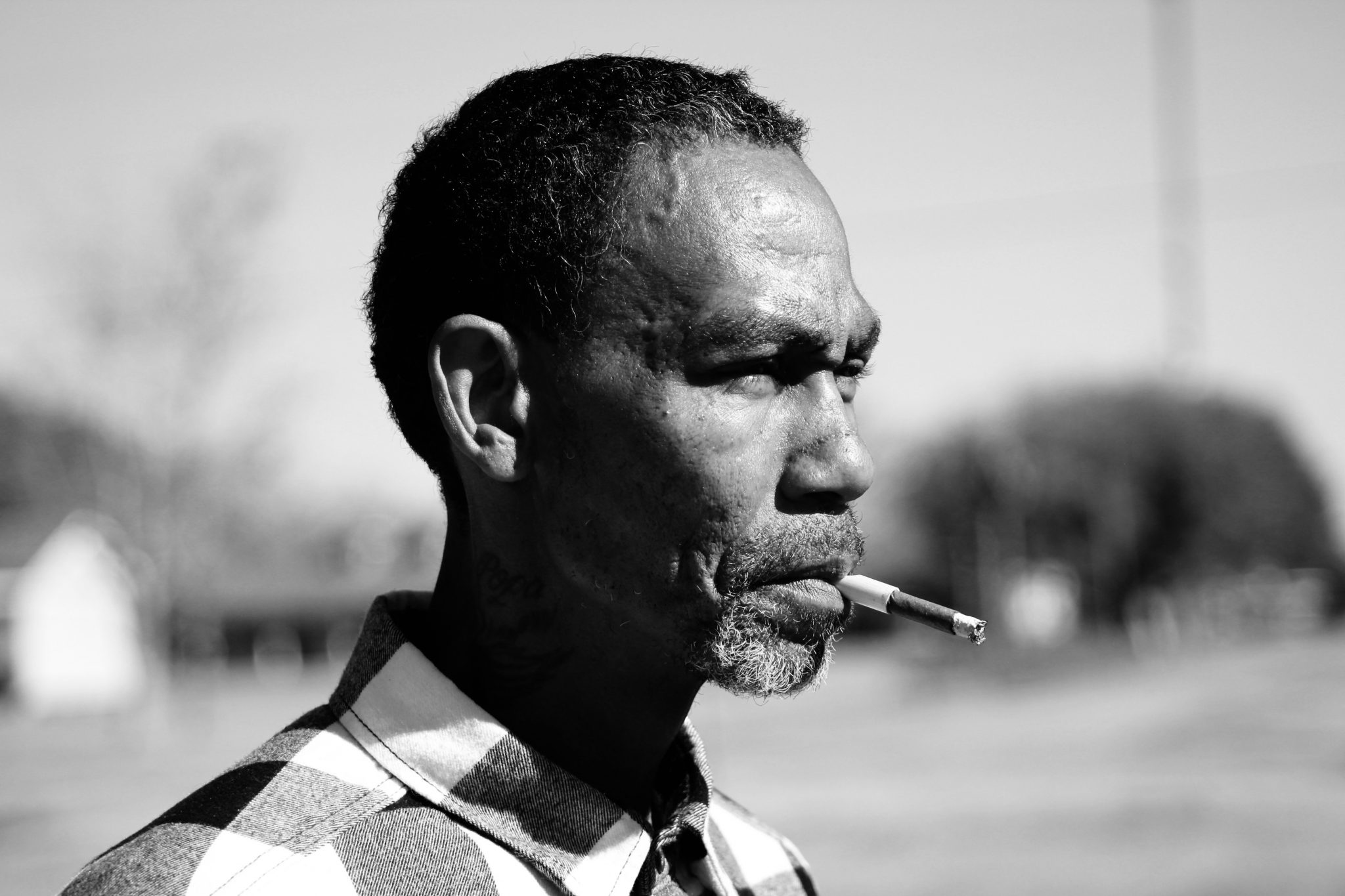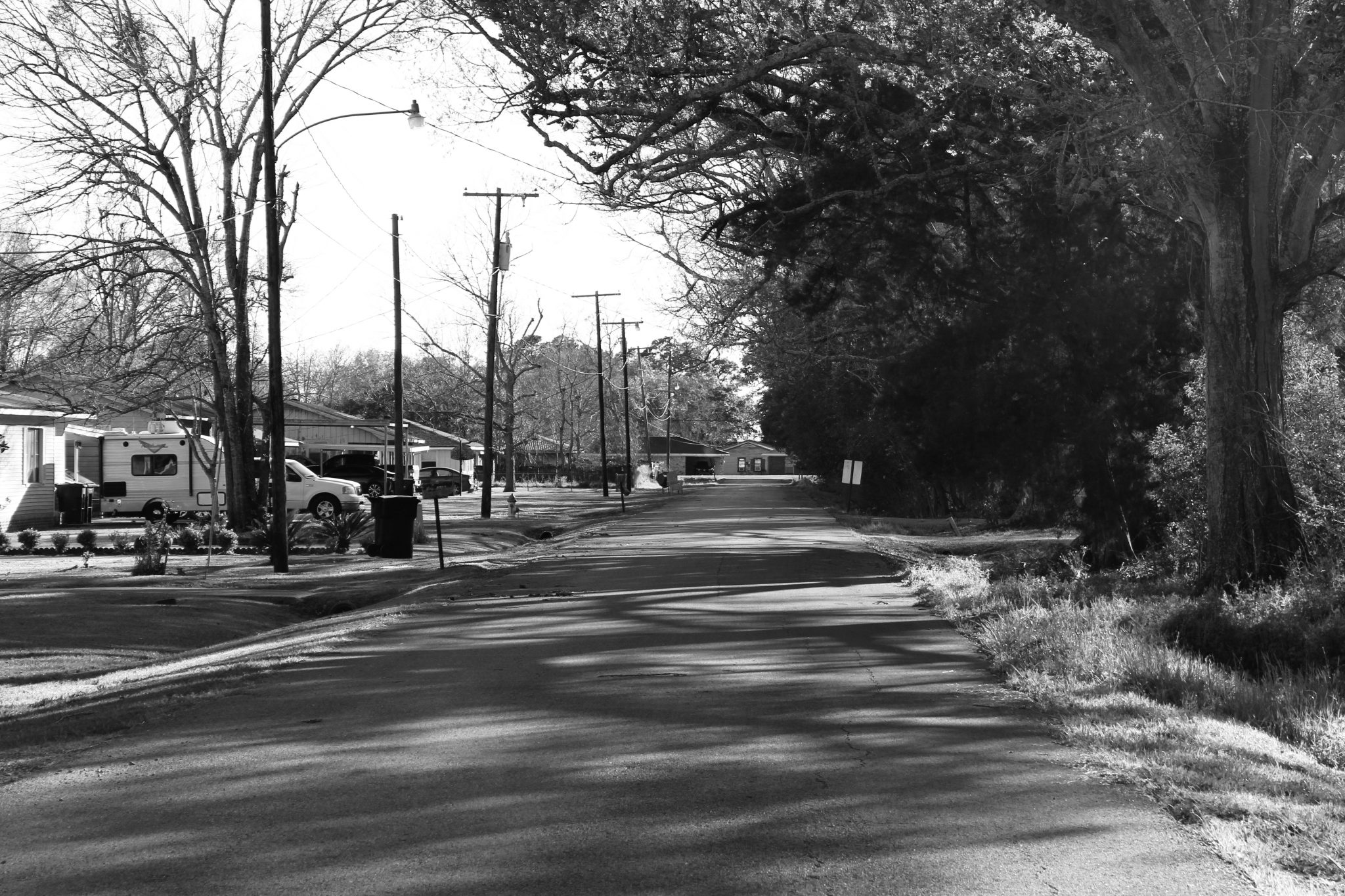
Aaliyah Arnold, Untitled, 2022, Digital photography, Dillard University
Interview conducted by Ogden Museum Education Intern, Alanni Martin.
Alanni: What motivated you to become an artist?
Aaliyah: What motivated me was my viewpoint on art itself; leaving a piece of yourself. And [when I was] growing up, I wasn’t very talkative. I was very quiet, you know. I was very shy. So that was my way of speaking up.
Alanni: Did you face any challenges in your pursuit of becoming an artist (from internal or external sources)?
Aaliyah: Internally for sure. The way I produce my art, I really go through internally and see what it is that I need to heal and I produce it. I take those pictures that will represent that. So it [has] been internal struggles, and being a black woman in art, you know?
Alanni: Do you feel that your work is a reflection of yourself?
Aaliyah: Yes, definitely. A reflection of myself, my influences, my experiences and what I hold dear to me and who I hold dear to me.
“[My art] was my way to reconnect myself with the area and even a way to smooth over and polish my relationships with my family.” – Aaliyah Arnold

Aaliyah Arnold, Untitled, 2022, Digital photography, Dillard University
Alanni: What inspired you to create the Untitled photo series?
Aaliyah: As I said earlier with the internal healing, the series is based on my relatives and my hometown. I’ve never had a full connection with my hometown. I was one of the kids that was from there, but I wasn’t raised within that community fully. So [my art] was my way to reconnect myself with the area and even a way to smooth over and polish my relationships with my family. Also to understand them more and what they experienced growing up in the same area and how differently we view it.
Alanni: Why did you choose photography as the medium for the series?
Aaliyah: Well, my hometown, which is not in Louisiana, is a very small town. If you ride through it it’ll really look like one of those older cities that obviously has some history behind it. So I’ll say the best way to really show its richness would be through photography, in black and white [photography].
Alanni: Is there a certain message that you want to convey with your work?
It depends on each project. With this one in particular, I wanted to highlight the smaller towns. I wanted to convey a message of, you know, this is where you’ll find the richer history and culture in this part of Louisiana and things like that.
Alanni: What is the legacy that you would like to leave behind through your work?
Aaliyah: I always viewed my work as telling the story of myself and the people around me. In a sense, I want to leave the legacy of who I am and who the people around me that I love are.
“I think people don’t really see the full struggle that it is to produce art.” – Aaliyah Arnold
Alanni: Do you believe that art is important? How would you describe that importance?
Aaliyah: I think art is important, but I feel like it is being overlooked more and more. I think people don’t really see the full struggle that it is to produce art. It’s just like someone in the STEM field, they have to go over math problems or science experiments over and over and over until they get it right. Which is basically the same practice of an artist. When you walk out into the world, you see buildings, architecture, sculptures and things like that. You see what makes the world beautiful, it draws your attention and that’s because of the artists.
SEE AALIYAH ARNOLD’S WORK IN THE 9TH ANNUAL HBCU ART SHOWCASE, ON VIEW AT OGDEN MUESUM THROUGH OCTOBER 2, 2022.
